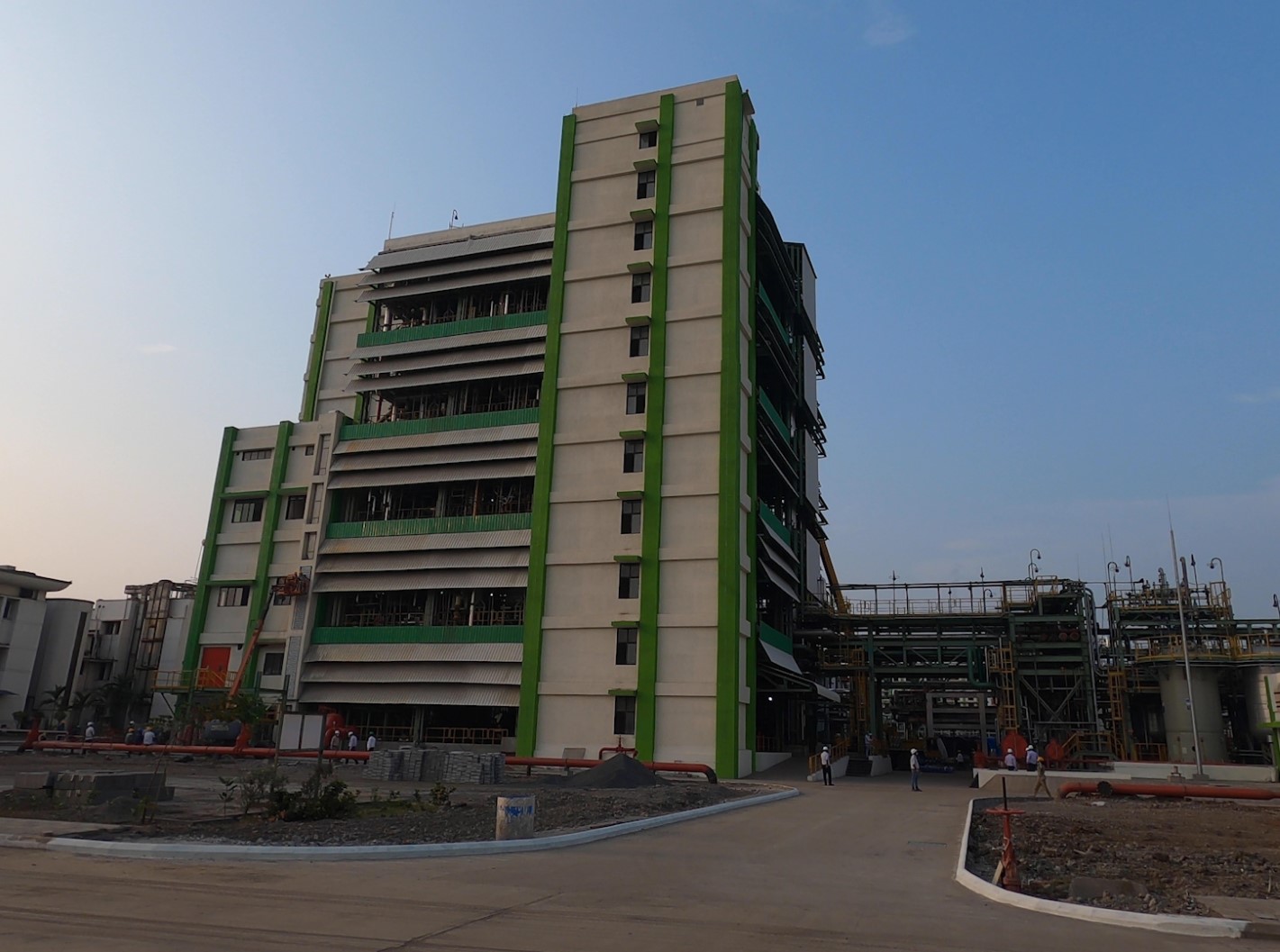Bayer strengthens manufacturing footprint in Gujarat

Vapi, November 11, 2020: Today, Bayer inaugurated a new plant at its Vapi site in Gujarat. The plant will manufacture Ethiprole, an active ingredient used in insecticides for crop protection products. Set up with an investment of € 24 million, the plant’s annual production capacity is 1,500 metric tons. It will cater to domestic demand in India and export to global markets across Asia Pacific and Latin America.
The Vapi site is an integral part of Bayer’s commitment towards the Government’s vision of ‘Make in India’ that aims to promote job creation and build best-in-class manufacturing infrastructure, ensuring sustained growth of the Indian economy. Inaugurated in 1994, the Vapi site employs 1,200 full time employees and is Bayer’s largest global synthetic pyrethroids production facility, with nearly 80% of the production exported to USA, Brazil, France, Germany, Indonesia, Japan and Australia. Spread over 85 acres, the Vapi site manufactures 11 active ingredients and 11 intermediates for use in crop protection, animal health and home & garden applications.
“The agriculture sector is currently the largest end-user of Ethiprole, which is emerging as one of the best insecticides for a variety of crops. With our new insecticide plant, we will fulfill domestic needs for Indian agriculture and also export to global agricultural markets. India is one of Bayer’s key growth markets in Crop Science and with this strategic investment, we aim to further enhance our global competitiveness in agrochemical manufacturing and supply chain,” said Narendra Shah, Director, Bayer Vapi Private Limited.
“The new plant at Vapi will expand Bayer’s global production volumes for Ethiprole and enable us to introduce innovative products to help growers secure their yields and grow healthier, high-quality crops,” said Dr. Udo Schneider, Head of AI Manufacturing Product Supply, Crop Science at Bayer AG.
Ethiprole-based insecticides have been in use since 1994. In 2010, Bayer expanded its portfolio of Ethiprole insecticides to include broad acre crops such as sugarcane, soybean, corn and cotton. In rice, they are used extensively for control of three major insect pests – hoppers, weevils and stinkbugs.
Ethiprole can not only eliminate insect pests from standing food crops in the field, it can also extend the shelf life of crops such as peanuts, citrus fruits, wheat and corn during storage. Ethiprole’s mode of action involves a rapid breakdown of the insect’s central nervous system, thus preventing damage to crops and minimizing the spread of diseases from insect carriers.
About Bayer
Bayer is a global enterprise with core competencies in the life science fields of health care and nutrition. Its products and services are designed to benefit people by supporting efforts to overcome the major challenges presented by a growing and aging global population. At the same time, the Group aims to increase its earning power and create value through innovation and growth. Bayer is committed to the principles of sustainable development, and the Bayer brand stands for trust, reliability and quality throughout the world. In fiscal 2019, the Group employed around 104,000 people and had sales of € 43.5 billion. Capital expenditures amounted to € 2.9 billion and R&D expenses to € 5.3 billion.
For more information, go to www.bayer.com.
Media Contact
Saswati Panigrahi
Communications, Bayer CropScience Limited
E-mail: saswati.panigrahi@bayer.com
Forward-Looking Statements
This release may contain forward-looking statements based on current assumptions and forecasts made by Bayer management. Various known and unknown risks, uncertainties and other factors could lead to material differences between the actual future results, financial situation, development or performance of the company and the estimates given here. These factors include those discussed in Bayer’s public reports, which are available on the Bayer website at www.bayer.com. The company assumes no liability whatsoever to update these forward-looking statements or to conform them to future events or developments.





